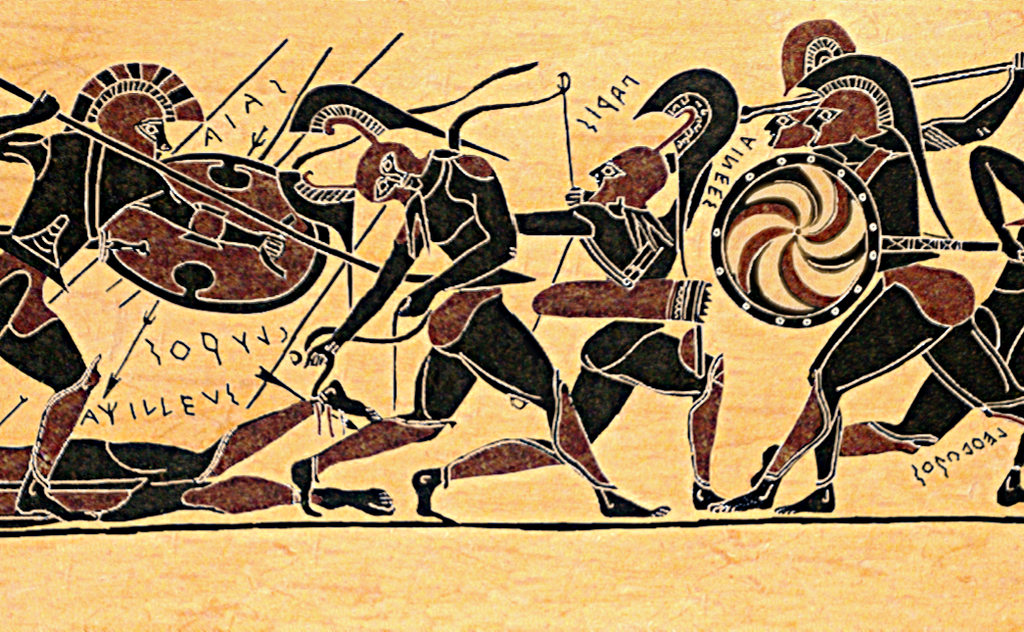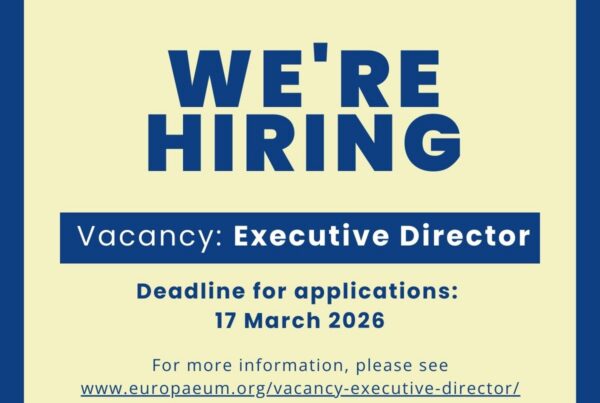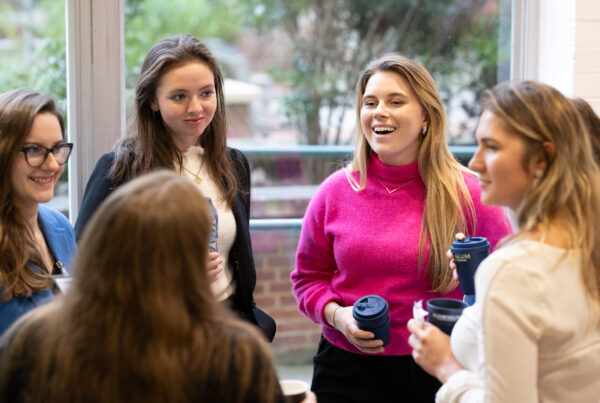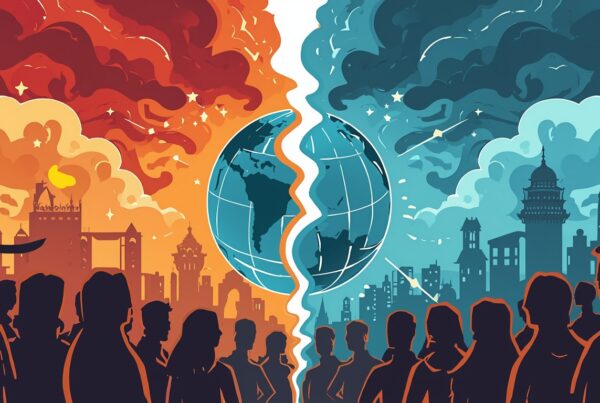
War and Trauma: Ancient and Modern Dialogues
12-15 December 2023 | University of Bologna, Bologna
Is this for you?
This colloquium is intended for both classicists and modernists alike, as well as students of any other academic background who can demonstrate a strong connection to the themes being addressed and are able to engage with either ancient or recent perspectives on war and trauma. The focus of the ‘classics dimension’ of the colloquium will be Ancient Greek and Latin cultures but other ancient cultures will be considered. The idea of the colloquium is to put modern and ancient perspectives on war and trauma in dialogue with each other. This requires a slightly broader focus than some specialists may be used to, as well as the ability to think creatively and critically about fundamental assumptions that guide your fields of study.
You do not need to be well-versed in the literature and primary source evidence from both ancient and modern times, but you will need the ability to engage with those different perspectives and to work constructively with them in order refine your own ideas about war and trauma. We do expect some basic understanding of the literature on trauma as related to war, but this does not need to be your specialisation. Indeed, we hope to receive applications from students who study any topics that could be relevant to such discussions, including, but not limited to political rhetoric, drama, art, religion, demographics, anthropology, cultural histories, and even policy if you have a strong grounding in the academic literatures we will be discussing.
Affiliation: We welcome applications from master’s and doctoral students from within the Europaeum network who wish to present a 10 to 15-minute paper as well as contribute to the discussions. Participants will be given pre-event reading materials and participate in lively discussions during the event.
Following the devastating wars of the 20th century, we said: “Never Again”, yet for millions of people conflict, and its ghosts, are facts of daily life. In Europe, we once more live in the shadow of a struggle which, directly or indirectly, has implications for us all. How do we try to make sense of war? How do we learn to live with, and despite of, the trauma it causes?
This Europaeum Classics Colloquium (re)turns to the classical world to examine warfare in the ancient imagination and reflect on its impact for understanding modern warfare. How did orators rationalise warfare? How did ancient literature and drama represent conflict and process its impacts? We ask how ancient ideas have helped and/or hindered contemporary ways of thinking about war, and consider their continued relevance for today.
Successful applicants will have their accommodation, travel and meals covered for the duration of the trip. They are expected to book their own travel and will be reimbursed after the end of the colloquium. There will also be a cultural programme on day one, the costs for which will also be covered by The Europaeum.
How to apply
Please read the full details in the Guidance for Applicants page before applying. You will need to submit the following documents – all in English – to applications@europaeum.org by the deadline: Friday, 29 September.
- A completed application form.
- A CV.
- A statement of purpose (max 500 words) giving details of your academic interests and what you would expect to gain from, and contribute to, this event.
- A reference from your supervisor or academic advisor.
- A title and abstract (up to 200 words) for a paper related to the theme (see below).
Student Papers
Applicants are invited to submit abstracts for 15 minute papers addressing any aspect of the following themes:
- War and trauma in the ancient imagination (again, with a general focus on Ancient Latin and Greek cultures).
- Rethinking ancient war/trauma with/through modern questions.
- Rethinking and/or re-presenting modern war/trauma with/through ancient ideas.
- Critical dialogues between ancient and modern views of war and trauma, whether in prose, poetry, film, art, or any other media.
Queries
The Guidance for Applicants page should answer most queries. If not, Michael or Milan at office@europaeum.org will be happy to help.
Deadline
You will need to submit your application by Friday, 29 September. If your application has been successful, you will be notified by Monday, 9 October.



